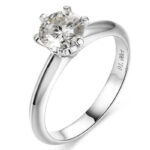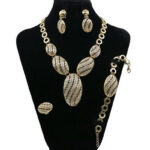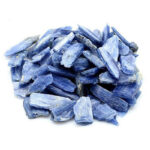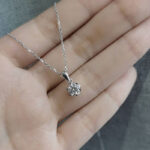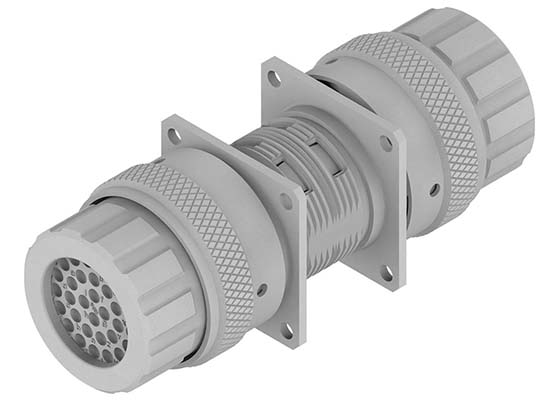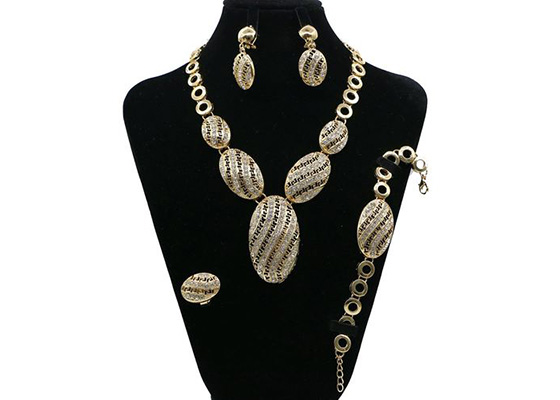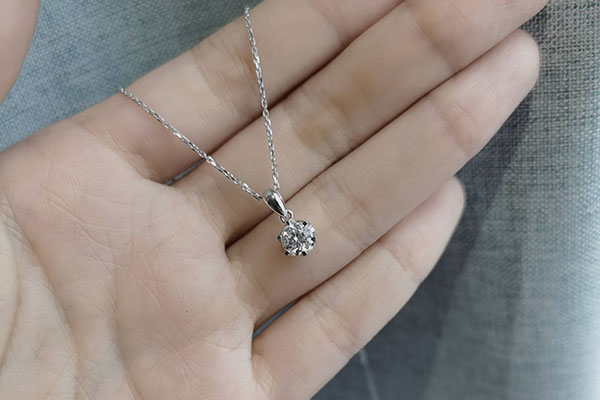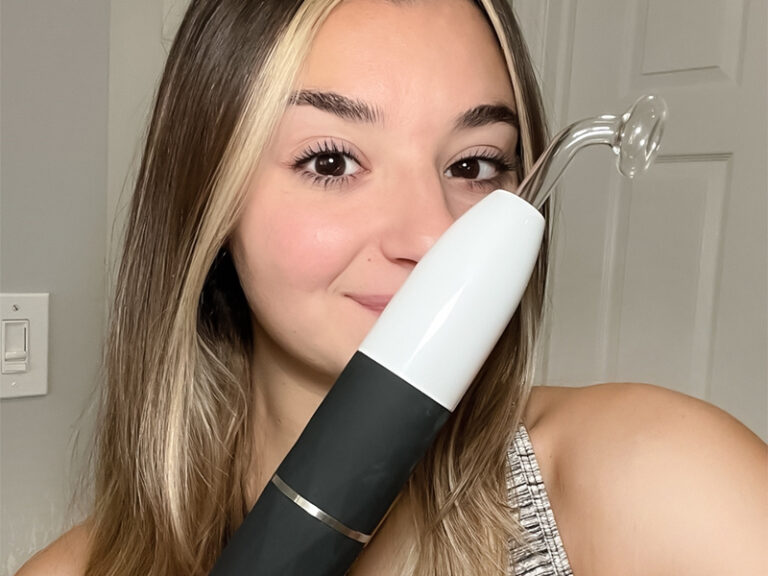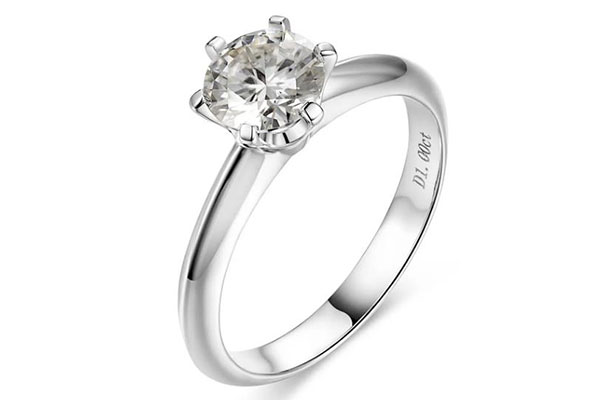M12 B coded connectors are a type of electrical connector commonly used in a variety of industries, including automation, robotics, and industrial control systems. They are known for their compact size and reliable performance, making them a popular choice for applications where space is limited or where a high-quality connection is required.
In this blog post, we will define M12 B coded connectors, discuss their advantages and applications, and provide an overview of the different types available. We will also cover the basics of installation and maintenance for M12 B coded connectors.
Definition of M12 B Coded Connectors
M12 B coded connectors are electrical connectors that conform to the M12 standard, which specifies the dimensions and electrical characteristics of the connectors. M12 connectors have a circular cross-section and a diameter of 12 millimeters. They are commonly used to connect sensors, actuators, and other devices to control systems.
M12 B coded connectors have a B-coded connection, which refers to the arrangement of the connectors’ pins. M12 connectors can have different coding schemes, such as A-coded or D-coded, but B-coded connectors are the most common. They have four pins arranged in a square pattern, with the pin in the upper left corner being the “key” pin.
One of the main advantages of M12 B coded connectors is their compact size. They are smaller than other types of connectors, such as M8 connectors or D-sub connectors, which makes them suitable for use in applications where space is at a premium. M12 B coded connectors are also easy to install and require minimal maintenance, making them a convenient choice for many applications.
Advantages of M12 B Coded Connectors
M12 B coded connectors offer a number of benefits, including:
- Compact size: As mentioned above, M12 B coded connectors are smaller than other types of connectors, making them ideal for use in tight spaces.
- Ease of use: M12 B coded connectors have a simple design and are easy to install, with no special tools required. They also have a self-locking mechanism that ensures a secure connection.
- Reliability: M12 B coded connectors are known for their reliable performance, with a low failure rate and long service life. This makes them a good choice for applications where a reliable connection is critical.
M12 B coded connectors are used in a wide range of industries, including automation, robotics, and industrial control systems. They are particularly useful in applications where space is limited, such as in compact control cabinets or on small automation devices. They are also commonly used in outdoor applications, as they are resistant to water and dust.
Types of M12 B Coded Connectors
There are several types of M12 B coded connectors available, including:
- Straight connectors: These connectors have a straight body and are typically used to connect two devices that are aligned in the same direction.
- Angled connectors: These connectors have a body that is angled at either 45 or 90 degrees, which allows them to connect two devices that are not aligned in the same direction.
- Panel-mount connectors: These connectors are designed to be mounted on a panel or enclosure, and are typically used to connect devices inside a control cabinet.
M12 B coded connectors are also available with different cable types, including shielded and unshielded. Shielded connectors have an additional layer of shielding around the cable, which helps to reduce electromagnetic interference (EMI).
How to choose M12 B coded connector
When choosing an M12 B-coded connector, there are several factors to consider:
- Compatibility: Make sure the connector is compatible with your device or system. This includes the physical size of the connector and the type of connection (e.g. male or female).
- Voltage and current: Check the voltage and current ratings of the connector to ensure it can handle the power requirements of your device or system.
- Material: Consider the material of the connector, as it should be able to withstand the environment in which it will be used. For example, a connector used in a harsh industrial environment may require a more durable material such as stainless steel.
- Sealability: If the connector will be used in a wet or humid environment, it is important to choose a connector with a good seal to prevent water or moisture from entering and damaging the device or system.
- EMI/RFI protection: If your device or system is susceptible to interference from electromagnetic or radio frequency signals, you may want to choose a connector with built-in EMI/RFI protection.
- Cable type: Consider the type of cable that will be used with the connector. Some connectors are designed to work with specific types of cables, so make sure to choose a connector that is compatible with the cable you will be using.
- Brand and manufacturer: Look for a reputable brand and manufacturer when selecting an M12 B-coded connector. This can help ensure that you are getting a high-quality product that will be reliable and durable.
- Price: Consider your budget when choosing an M12 B-coded connector. While it may be tempting to go for the cheapest option, it is often worth it to invest in a higher-quality connector to ensure long-term reliability and performance.
- Certification: If the connector will be used in a specific industry or application, it may be necessary to choose a connector that is certified for use in that industry or application. For example, connectors used in the medical or aerospace industries may need to meet specific standards and certifications.
Conclusion
Overall, it is important to carefully consider your specific needs and requirements when choosing an M12 B-coded connector. By considering these factors, you can ensure that you choose a connector that is compatible, reliable, and suitable for your device or system.

